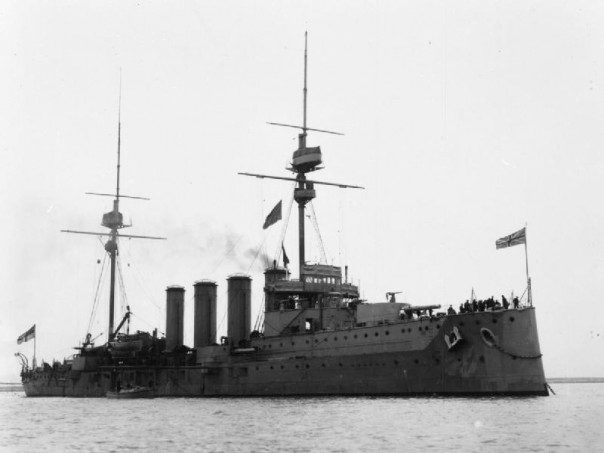Last week was very busy but hugely enjoyable and informative and I would just like to share with you what were the high points for me. Firstly on Wednesday evening at the Annual Becket Lecture I heard Dr Nick Karn offer a fascinating portrait of Thomas Becket’s antics in the courtroom. Rather than singling out the archbishop as a special case, Dr Karn was concerned to contrast Becket’s activities with those of his peers, both churchmen and the aristocracy, to highlight how the process of secular law in 12th-century England relied heavily on custom and negotiation. This way of operating Dr Karn believes the archbishop was either unwilling or unable to adopt, instead preferring to assert what he saw as his rights without any willingness to compromise. As history shows, such an absolutist attitude in the political arena of the courtroom has rarely been successful, compromise rather than confrontation and changes through small steps and building alliances often seen as the far more productive approach.
The Black Prince: sunk at the Battle of Jutland with the loss of all lives
(Imperial War Museum)
Whether the form of the war memorial in St Gregory’s church was contested, a matter of compromise or unanimously supported by the parishioners is unclear from the sparse surviving records, as Dr Martin Watts pointed out last Saturday afternoon. However it was seemingly paid for by the parish council, who presumably wanted to honour the war dead when it was unveiled in 1921. In his lecture, Dr Watts, a Senior Research Fellow in Modern History, provided details of several of the men and one woman whose names appear on the memorial. As he noted, most had been killed or died of their wounds as a consequence of fighting on the Western Front, but this was not the only theatre of war the men from this poor Canterbury parish had engaged in. Among the more distant campaigns that similarly resulted in lost lives were Gallipoli and India, death in the latter resulting from disease rather than enemy action. Also, as Dr Watts described, one St Gregory’s man, or really a boy in today’s terms, had been killed at the Battle of Jutland, and having served for many years at sea himself in his earlier career, Dr Watts had found this especially poignant. He is going to publish the fruits of his research on the war memorial next spring, so would be delighted to hear from more descendants of those named at St Gregory’s. Dr Watts can be contacted by email: martin.watts@canterbury.ac.uk or through History at Glebe House (next to St Martin’s church).
 Centre for Kent History and Heritage
Centre for Kent History and Heritage Sheila Sweetinburgh
Sheila Sweetinburgh 242
242


